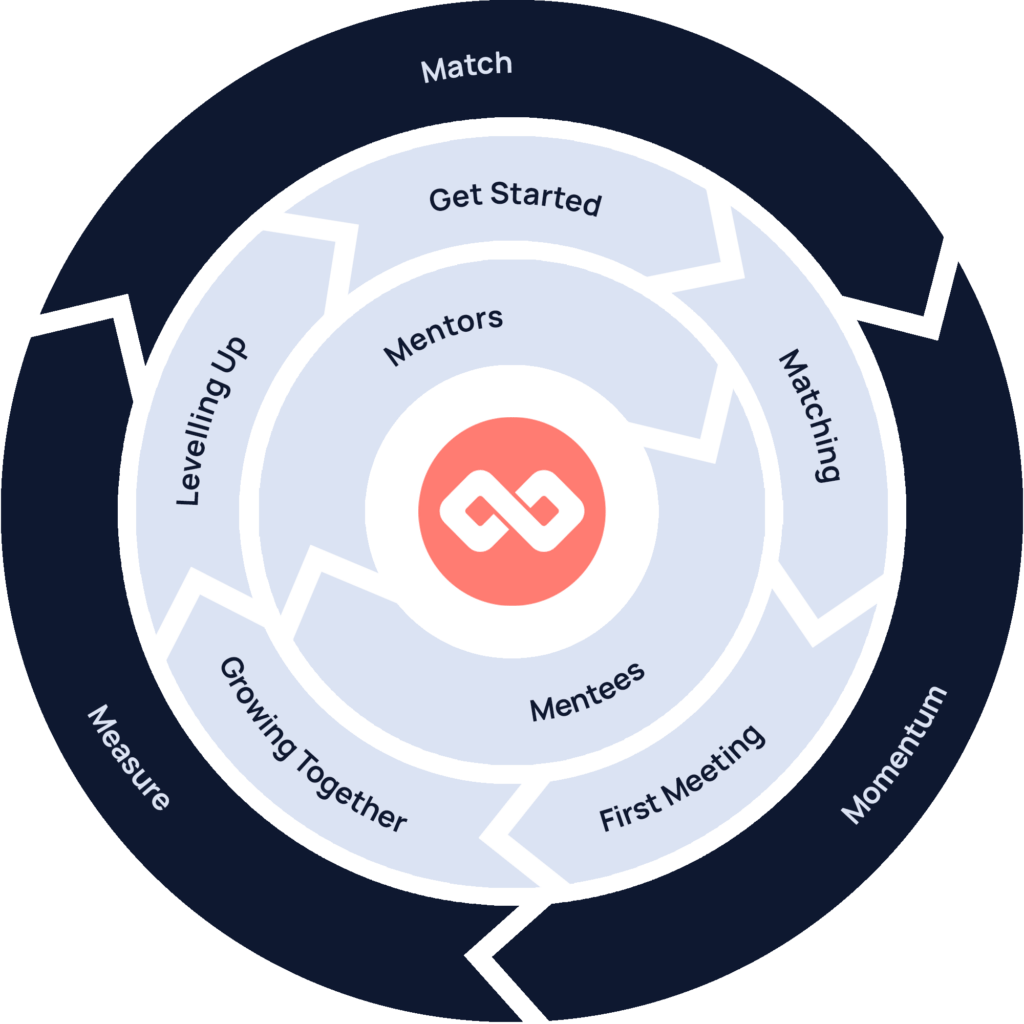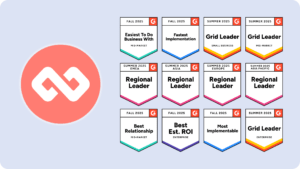Mentoring is a powerful tool that can shape careers, foster personal development, and create lasting connections. As individuals navigate their professional journeys, the role of a mentor can be pivotal in guiding them toward success. This article explores the mentoring journey, the benefits of mentoring programs, and how to make the most of these invaluable relationships.
Understanding Mentoring
At its core, mentoring is a relationship where an experienced individual, the mentor, provides guidance, support, and advice to a less experienced person, the mentee. This relationship can take many forms, ranging from formal programs within organizations to informal arrangements between friends or colleagues. The essence of mentoring lies in sharing knowledge and experiences to foster growth. Mentoring can also extend beyond professional realms, encompassing personal development and life skills, which can be equally transformative for the mentee.
The Importance of Mentoring
Mentoring serves as a bridge between knowledge and experience. It allows mentees to learn from the successes and failures of their mentors, providing a roadmap for their own journeys. This relationship can significantly enhance professional development, as it encourages mentees to think critically and develop skills that are essential for their careers. The insights gained from a mentor’s journey can illuminate paths that mentees may not have considered, opening doors to new opportunities and perspectives.
Mentoring can also boost confidence. Having someone in your corner who believes in your potential can make a world of difference. It not only helps in skill development but also in building a robust professional network. A mentor often introduces their mentee to key contacts, providing access to resources and opportunities that can accelerate career advancement. Are you ready to take the next step in your career with the support of a mentor?
Types of Mentoring Relationships
Mentoring relationships can vary widely. Some of the most common types include:
- Formal Mentoring: Often structured through organizations, this type of mentoring usually follows a specific program with defined goals and timelines.
- Informal Mentoring: These relationships develop organically, often based on mutual interests or shared experiences.
- Peer Mentoring: In this scenario, individuals at similar levels support each other, providing a unique perspective and fostering collaboration.
Each type has its benefits and can be effective in different contexts. Understanding which type of mentoring relationship suits your needs can help you maximize the benefits. For instance, formal mentoring can provide a clear framework for accountability and progress tracking, while informal mentoring may offer a more relaxed environment conducive to open dialogue and creativity. Furthermore, peer mentoring can enhance teamwork and camaraderie, as both parties navigate challenges together, learning from each other’s insights and experiences.
Additionally, mentoring can evolve over time. As the mentee grows and gains experience, the relationship may shift from one of guidance to one of collaboration, where both mentor and mentee learn from each other. This dynamic can lead to a richer exchange of ideas and foster a sense of mutual respect and partnership, ultimately benefiting both individuals involved in the mentoring relationship.
The Benefits of Mentoring Programs
Mentoring programs are structured initiatives designed to facilitate the mentoring process within organizations or communities. These programs offer numerous advantages for both mentors and mentees.
For Mentees
One of the primary benefits for mentees is access to a wealth of knowledge. Mentors often have years of experience and can provide insights that are not readily available through traditional learning methods. Additionally, mentees can gain clarity on their career paths, as mentors can help them identify strengths and areas for improvement.
Furthermore, mentoring programs often encourage goal-setting. Mentees can work with their mentors to establish short-term and long-term objectives, which can lead to a more focused and purposeful career trajectory. How might having a mentor change your perspective on your career goals?
For Mentors
Mentoring is not just beneficial for mentees; it can also be incredibly rewarding for mentors. Sharing knowledge and experiences can reinforce a mentor’s own understanding and skills. It can also provide a sense of fulfillment, knowing that they are making a positive impact on someone else’s life.
Moreover, mentoring fosters leadership skills. Mentors often have to adapt their communication styles and approaches to meet the needs of their mentees, which can enhance their own interpersonal skills. This growth can be instrumental in advancing their careers.
The Mentoring Journey, Outlined: A Roadmap to Success
At its best, mentoring isn’t just a conversation—it’s a journey. One that supports people to learn, grow, connect, and thrive. But like any journey, it helps to have a map. That’s where The Mentoring Journey comes in: a structured, intuitive framework that supports mentors and mentees every step of the way.
Whether you’re just launching your mentoring program or looking to re-engage participants mid-way, here’s how mapping the mentoring experience can help.

🤝 Stage 1: Getting Started
Key Focus: Connection
This is the onboarding phase of the mentoring journey, where participants join the program, build their profiles, and get matched. It’s exciting, but also unfamiliar territory. That’s why a warm welcome and clear guidance are crucial.
What participants need:
- A simple and intuitive onboarding process
- Clarity on roles (mentor or mentee?)
- Nudges on how to break the ice and set intentions
How Mentorloop supports this:
- Smart, equitable matching
- Onboarding checklists
- First meeting prompts and conversation starters
🧭 Stage 2: Building Momentum
Key Focus: Trust & Direction
Once the match is made, the relationship begins to form. This stage is all about setting goals, establishing trust, and defining how you’ll work together.
What participants need:
- A space to define expectations and goals
- Regular check-ins to build consistency
- Encouragement to be vulnerable and honest
How Mentorloop supports this:
- Goal setting and shared milestones
- Sentiment check-ins to flag concerns early
- Nudges to stay engaged and make progress
🌿 Stage 3: Deepening the Relationship
Key Focus: Growth
Here, the magic happens. With a foundation of trust, mentors and mentees can dive deeper—tackling challenges, celebrating wins, and making meaningful progress.
What participants need:
- Space for reflection and feedback
- A rhythm of regular conversations
- Recognition for growth and effort
How Mentorloop supports this:
- Milestone tracking and achievements
- Reflection tools and feedback prompts
- Data to measure impact and progress
🛎️ Stage 4: Closure and Celebration
Key Focus: Reflection & Next Steps
All great mentoring journeys have an endpoint. Whether participants continue informally or close out their match, this phase encourages reflection and gratitude.
What participants need:
- A chance to reflect on what they’ve gained
- Clarity on what happens next
- Opportunities to stay involved in the program
How Mentorloop supports this:
- Closure prompts and end-of-loop surveys
- Recognition via Mentorloop Impact Awards
- Re-engagement pathways for alumni
Creating a Successful Mentoring Relationship
Establishing a successful mentoring journey and relationship requires effort and commitment from both parties. Here are some key elements to consider:
Setting Clear Expectations for Your Mentoring Journey
From the outset, it is crucial for both the mentor and mentee to discuss their expectations. What do they hope to achieve through the mentoring relationship? Setting clear goals can help guide the discussions and ensure that both parties are on the same page.
Additionally, establishing boundaries is essential. Understanding the mentor’s availability and the mentee’s needs can help prevent misunderstandings and foster a more productive relationship.
Open Communication
Effective communication is the cornerstone of any successful mentoring relationship. Both mentors and mentees should feel comfortable sharing their thoughts, concerns, and feedback. Regular check-ins can facilitate open dialogue and help address any issues that may arise.
Encouraging honest conversations can also lead to deeper insights and learning opportunities. Are you prepared to engage in open and honest discussions with your mentor or mentee?
Embracing Flexibility
While having a structured approach is important, flexibility is equally crucial. As the relationship evolves, both parties may find that their needs and goals change. Being adaptable allows for a more organic development of the mentoring relationship, ensuring that it remains relevant and beneficial.
Challenges in Mentoring Relationships
Despite the numerous benefits, mentoring relationships can face challenges. Recognizing these potential obstacles can help both mentors and mentees navigate them effectively.
Time Constraints
One of the most common challenges is time management. Both mentors and mentees often have busy schedules, which can make it difficult to find time for regular meetings. It’s essential to prioritize the relationship and schedule time for discussions, even if they are brief.
Finding a balance between professional commitments and mentoring responsibilities is key. How can you ensure that mentoring remains a priority in your busy life?
Misalignment of Goals
Another challenge can arise when mentors and mentees have different expectations or goals. This misalignment can lead to frustration and hinder the effectiveness of the relationship. Regularly revisiting and discussing goals can help keep both parties aligned and focused.
Encouraging an open dialogue about goals can prevent misunderstandings and ensure that both mentor and mentee are working toward a common purpose.
Measuring the Success of a Mentoring Journey
Assessing the effectiveness of a mentoring relationship can be subjective, but there are several indicators of success that can be observed.
Feedback Mechanisms
Implementing feedback mechanisms is essential for evaluating the mentoring relationship. Both parties should feel comfortable providing constructive feedback on what is working and what could be improved. This feedback can help refine the mentoring process and enhance the experience for both individuals.
Surveys or informal check-ins can be effective tools for gathering insights. How often do you think feedback should be exchanged in a mentoring relationship?
Achievement of Goals
Another way to measure success is by tracking the achievement of the goals set at the beginning of the relationship. Regularly reviewing progress can help both the mentor and mentee stay accountable and motivated. Celebrating milestones can also enhance the relationship and reinforce the value of the mentoring experience.
Expanding the Mentoring Experience
While one-on-one mentoring relationships can be incredibly beneficial, expanding the mentoring experience can provide even more opportunities for growth.
Group Mentoring
Group mentoring involves a mentor working with multiple mentees simultaneously. This approach can foster a sense of community and allow for diverse perspectives to be shared. Mentees can learn from each other’s experiences, creating a rich learning environment.
Group mentoring can also be more time-efficient for mentors, as they can engage with several individuals at once. This format can be particularly effective in organizational settings where knowledge sharing is essential.
Reverse Mentoring
Reverse mentoring is a unique approach where younger or less experienced individuals mentor more seasoned professionals. This dynamic can provide fresh insights and perspectives, especially in rapidly changing industries. It encourages a two-way learning process that benefits both parties.
Embracing reverse mentoring can help organizations stay innovative and adaptable. Are you open to learning from those who may have less experience but different viewpoints?
The Future of Mentoring
As the professional landscape continues to evolve, so does the concept of mentoring. With advancements in technology and changes in workplace dynamics, the future of mentoring holds exciting possibilities.
Technology-Driven Mentoring
Technology is transforming how mentoring relationships are formed and maintained. Online platforms and apps are making it easier for mentors and mentees to connect, regardless of geographical boundaries. Virtual meetings and communication tools allow for flexibility and accessibility.
These technological advancements can enhance the mentoring experience, making it more inclusive and diverse. How might technology change your approach to mentoring?
Focus on Diversity and Inclusion
As organizations recognize the importance of diversity and inclusion, mentoring programs are increasingly being designed to support underrepresented groups. This focus ensures that a wider range of voices and experiences are heard, enriching the mentoring process.
Creating inclusive mentoring programs can lead to more equitable opportunities and foster a culture of support and collaboration. Are you ready to champion diversity in your mentoring relationships?
Conclusion
The mentoring journey is a dynamic and rewarding experience that can significantly impact personal and professional growth. By understanding the importance of mentoring, embracing the challenges, and leveraging the benefits of mentoring programs, individuals can navigate their paths to success more effectively.
Whether you are a mentor or a mentee, investing time and effort into this relationship can yield tremendous rewards. As the landscape of mentoring continues to evolve, staying open to new ideas and approaches will ensure that both mentors and mentees thrive in their journeys.
Take the Next Step with Mentorloop
Ready to elevate your organization’s mentoring programs? Mentorloop is here to streamline and enhance your mentorship experience. Our platform is expertly crafted to pair individuals for successful mentorships, optimizing your time and resources. Experience the benefits of a user-friendly interface, fair matching, and extensive support tools. Don’t miss out on the opportunity to revolutionize your mentoring approach. Book a Demo with Mentorloop today and unlock the full potential of your mentoring journey.





